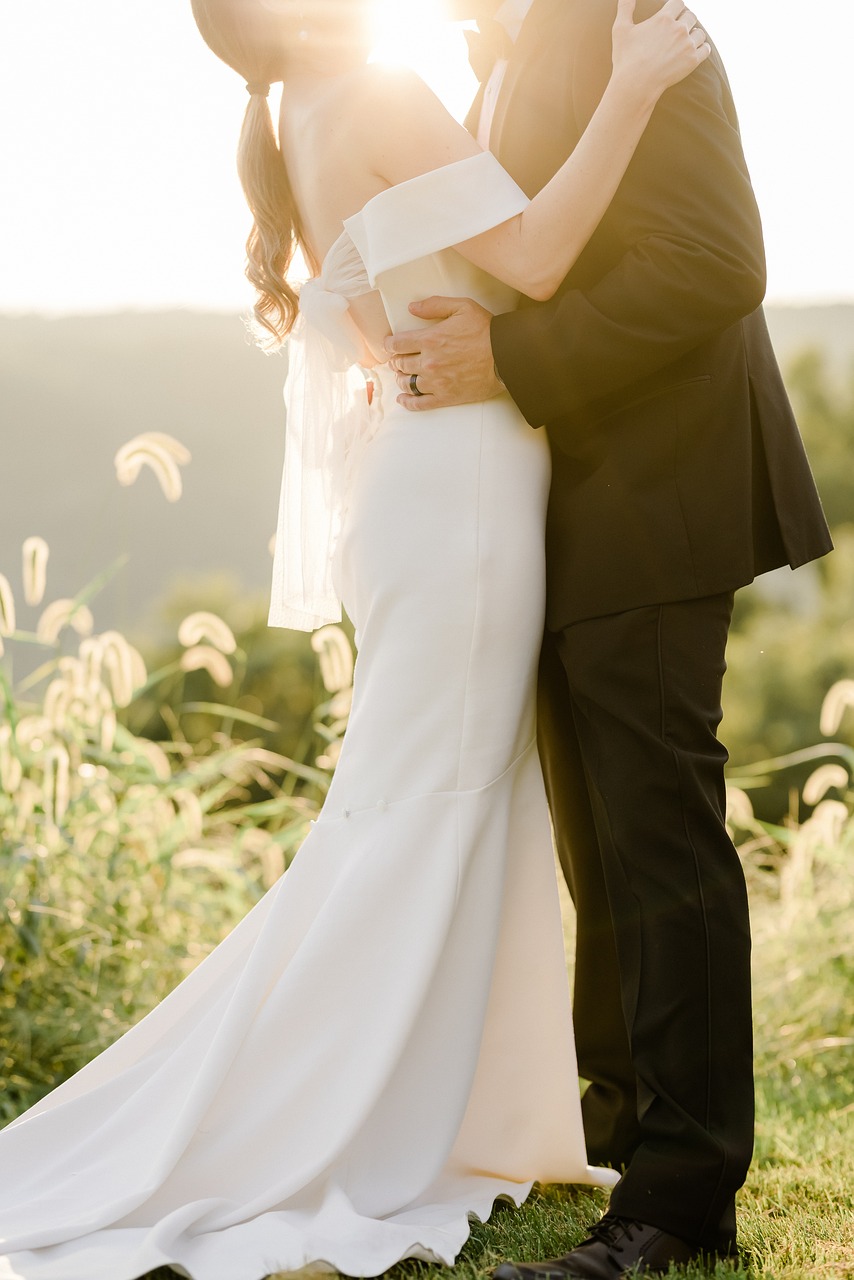Last Updated on January 29, 2025 by Ruby And The Wolf
The phrase “shotgun wedding” conjures images of forced marriages and family scandals, but is this age-old concept still relevant in today’s society? Let’s delve into the history, evolution, and current state of shotgun weddings.
The Origins of Shotgun Weddings
The term “shotgun wedding” originated in the 18th or 19th century, referring to a marriage hastily arranged due to an unplanned pregnancy. The phrase comes from the figurative idea of the bride’s father threatening the reluctant groom with a shotgun to ensure the marriage takes place[1].
Changing Attitudes and Statistics
In the past, shotgun weddings were more common due to societal pressure and stigma surrounding out-of-wedlock births. However, attitudes have significantly shifted in recent decades:
- In 2020, approximately 41% of all births in the United States were to unmarried mothers[3].
- A 2016 study suggested that couples who wed while pregnant do not necessarily have an increased risk of subsequent divorce[1].
- However, another study from the same year showed that among white couples, divorce rates increased from 19% for non-pregnant brides to 30% for pregnant brides[1].
Modern Interpretations
Today, the term “shotgun wedding” has evolved beyond its original meaning:
- Themed Weddings: Some couples embrace the term, organizing themed weddings that playfully incorporate the concept[3].
- Quick Marriages: It can refer to any hastily arranged wedding, not necessarily due to pregnancy[2].
- Business Mergers: In corporate jargon, a “shotgun wedding” can describe a rushed merger between companies, often due to financial difficulties[2].
Cultural Variations
The concept of shotgun weddings exists in various cultures, often with unique terms:
- Japan: “Dekichatta kekkon” (出来ちゃった結婚) or “Dekikon” (デキコン), meaning “oops-we-did-it-marriage”[1].
- China: “Fèngzǐchénghūn” (奉子成婚), literally “married by the order of the child”[1].
- South Korea: “Sokdowiban” (속도위반), meaning “speeding over the limit”[1].
- Netherlands and Belgium: “Moetje”, a diminutive form of “must”, implying a compulsory marriage[1].
The Modern Perspective
While the stigma around premarital pregnancy has decreased in many societies, some couples still choose to marry before their child is born. Reasons may include:
- Desire for a traditional family structure
- Religious beliefs
- Financial considerations
- Personal preferences
It’s important to note that modern “shotgun weddings” are typically voluntary decisions made by the couple, rather than forced arrangements.
Conclusion
The concept of shotgun weddings has undoubtedly evolved from its controversial origins. While the practice of forced marriages due to pregnancy is largely outdated in many cultures, the term persists, often with new meanings and interpretations. As society continues to change, so too will our understanding and application of this age-old concept.
Whether viewed as a relic of the past or a modern necessity, shotgun weddings remain a part of our cultural lexicon, reflecting the complex interplay between tradition, personal choice, and societal norms in the realm of marriage and family planning.
Sources
[1] https://en.wikipedia.org/wiki/Shotgun_wedding
[2] https://www.collinsdictionary.com/dictionary/english/shotgun-wedding
[3] https://www.secretwindowevents.com/blog/what-is-a-shotgun-wedding

